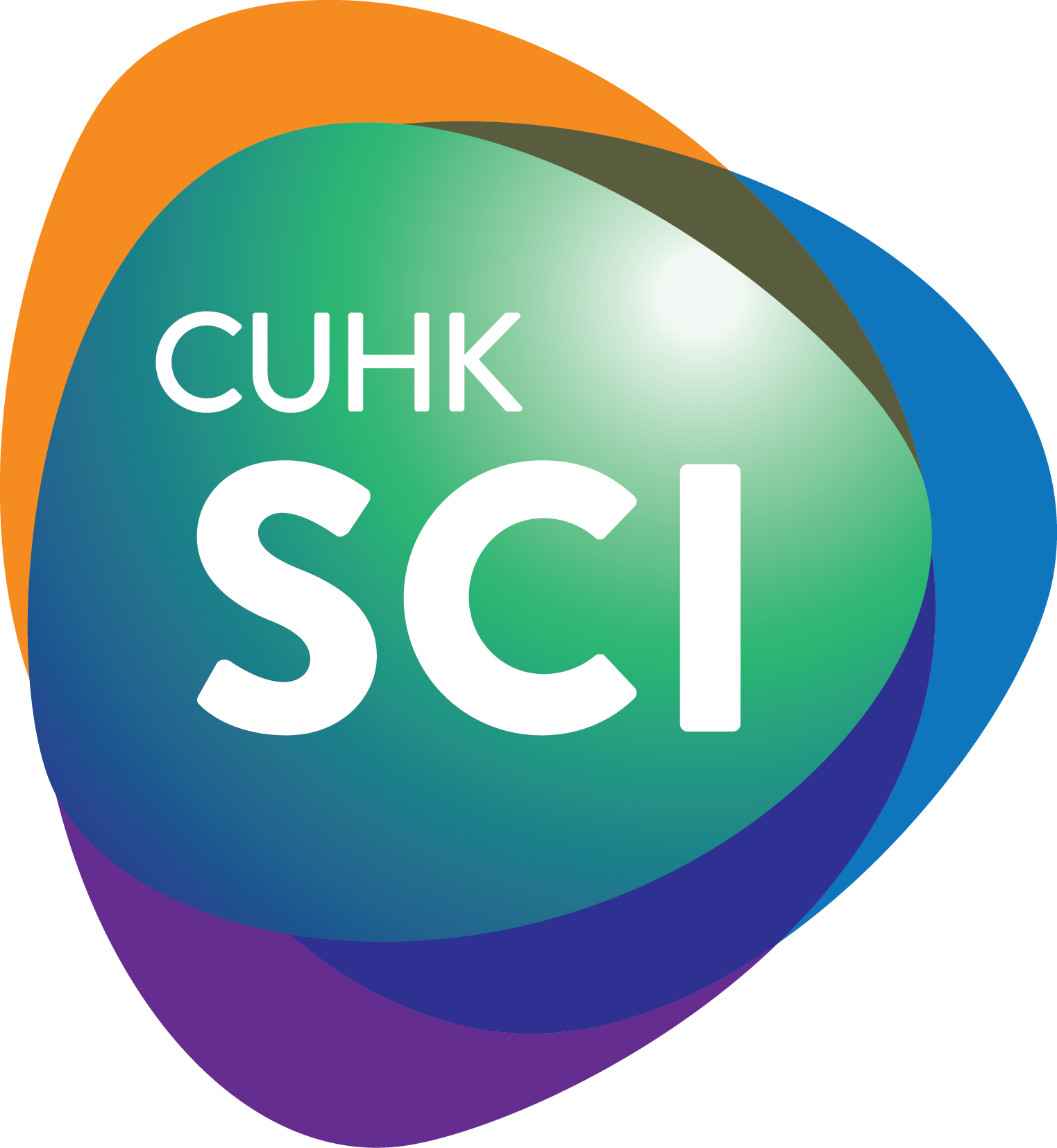RESEARCH
Materials Science
Crystal Growth and Characterization
Making a high quality crystalline sample is a first step to successfully observe novel and exotic properties in various materials including unconventional superconductors and magnets. Our goals are to grow high quality crystalline samples via solid state reaction, flux method, etc., and to characterize the as-grown crystals by XRD, SEM/EDX, etc.
(Q.S. Wang)
Functional Materials
Metal Nanoparticles and Photocatalysis
Metal nanoparticles exhibit fascinating physical and chemical properties and have wide applications in optics, sensing, diagnostics, and catalysis. To have metal nanoparticles with well-controlled sizes, shapes, architectures and compositions is essential for studying their properties and developing their various applications. We are making great effort on the development of effective methods for the synthesis of new metal nanoparticles as well as for improving the quality and scale of different metal nanoparticles. We are also intensively studying the use of their plasmons to drive different chemical reactions.
(J.F. Wang)
Metamaterials
Study of wave physics in artificial structures. Study of topological phases in photonic and phononic crystals.
(H.R. Xue)
Plasmonics
Study of surface plasmons by various far-field and near-field optical techniques. Study of metal nanoparticles, their interactions with molecules, metals, and semiconductors, and their plasmon-based light-harvesting applications. Study of plasmon-enhanced spectroscopy, optical forces, display technologies, and photodetection. Study of nanofabrication of nanophotonic structures.
(Daniel H.C. Ong | J.F. Wang)
Soft Matter and Functional Nanomaterials
Surface Science and Materials Characterization
Surface Science and Nano Science
Metal and semiconductor surfaces, and nano structures fabricated on surfaces. Focus is on their atomic and electronic structures and their surface dynamics. The major techniques are scanning tunneling microscopy and spectroscopy at low temperature or variable temperatures.
(J.F. Wang)

